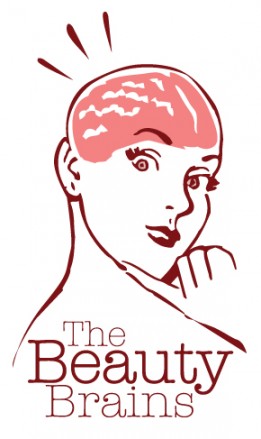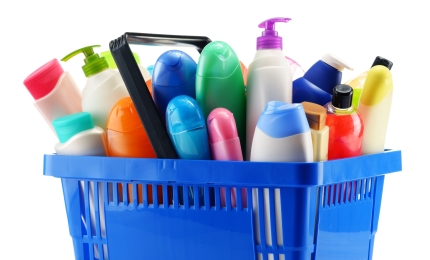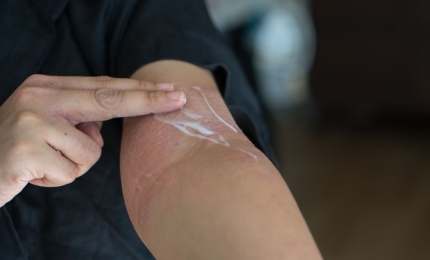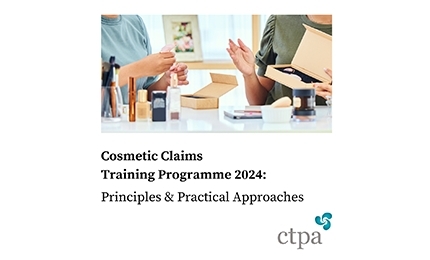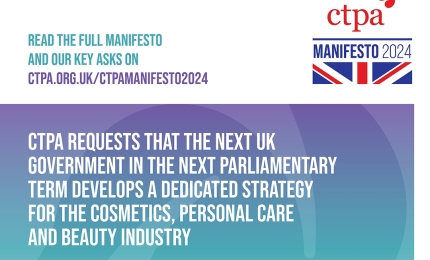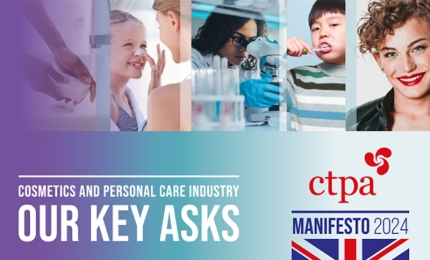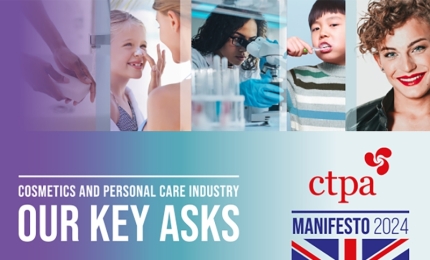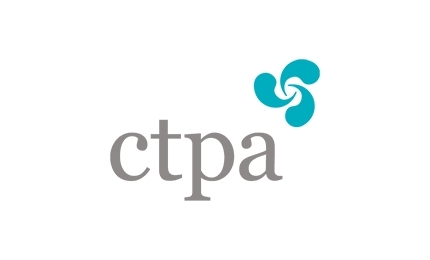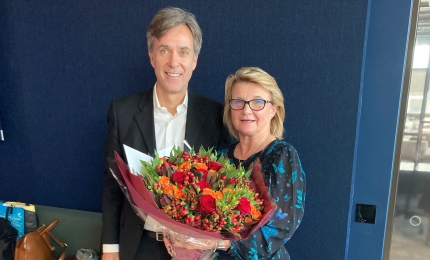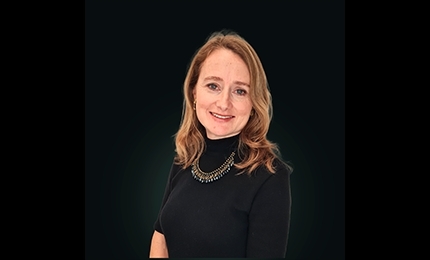Find us on...
Through your Beauty Brains podcast you tackle misinformation surrounding cosmetics and personal care products, including safety myths. Why do you think there are so many safety myths doing the rounds?
Perry: So often online it can seem like a race towards what’s most interesting, rather than what’s most accurate - and facts are unfortunately at a disadvantage because they are less interesting.
An example I often use is if you see two articles online and one title says: “Baby shampoo is perfectly safe” and another says: “Baby shampoo can give you cancer”, which one are you going to read? We are just naturally programmed to find shocking things interesting and reality is not as interesting as what we can fabricate.
In your opinion, what is the most unhelpful myth about cosmetic or personal care products you have seen circulating and how could it be addressed?
Valerie: For me it would be the myth that hair products give you cancer because the data is just not there and they have been thoroughly tested for safety. Companies invest a huge amount of money in safety testing and if products caused cancer they simply wouldn’t be allowed to be in use. There is also a myth that hair colour made from natural or organic ingredients is somehow ‘safer’ than hair colour made from conventional ingredients, which of course is not the case.
Perry: The challenge is that it’s a competitive industry and so there are people marketing products who benefit when consumers believe things that simply are not true. Equating ‘natural’ with ‘safer’ is a good example of this. We always advise our audiences to be sceptical about what they are hearing and not believe something until they have heard it from a number of reliable sources.
Valerie: The way to address safety myths like these is to ensure that Marketing collaborates closely with R&D (Research & Development) and trusts that R&D is providing the best information. If you are a good marketer then you can market anything without having to resort to untruths. Saying “but a competitor is doing it” is not an excuse, while using meaningless claims like “non-toxic” (all products on the market are non-toxic!) is irresponsible and should be seen as the easy way out.
Perry, do you also have a pet peeve myth you’d like to share?
Perry: Mine would have to be the brands that are touting themselves as a safer choice on the market, when the reality is that they could well be offering a product that is less safe, costs more and doesn’t work as well.
As formulators we used to always focus on making the best-performing products, but today we are asked to formulate products that may not work as well but fit better into what consumers are being told they need. Ultimately consumers then lose out.
I would also like to add that cosmetics are not natural by their nature. Plants can grow food, but sadly there is no shampoo tree, or lipstick bush. Beauty products have to be processed. It’s as simple as that.
As well as being honest in their claims, do you think that companies making products should do more to combat misinformation?
Valerie: The challenge is that when a company tries to combat misinformation, people are going to think they are an evil corporation simply trying to sell their products at consumers’ expense, so it’s very hard for them to be the ones to lead the change.
Perry: Yes, and in the US there is also a lot of scepticism about information that comes out from the government. Large percentages of the population would find anything the government said objectionable. It’s why we need more organisations like CTPA across the globe that can be independent purveyors of truthful messages!
For more facts about cosmetic safety and claims, catch-up on CTPA’s Instagram Live where Valerie George and Perry Romanowski joined forces with Sam Farmer to put misinformation and scares in perspective. Find it here.
Read and hear more from the Beauty Brains on their website.

